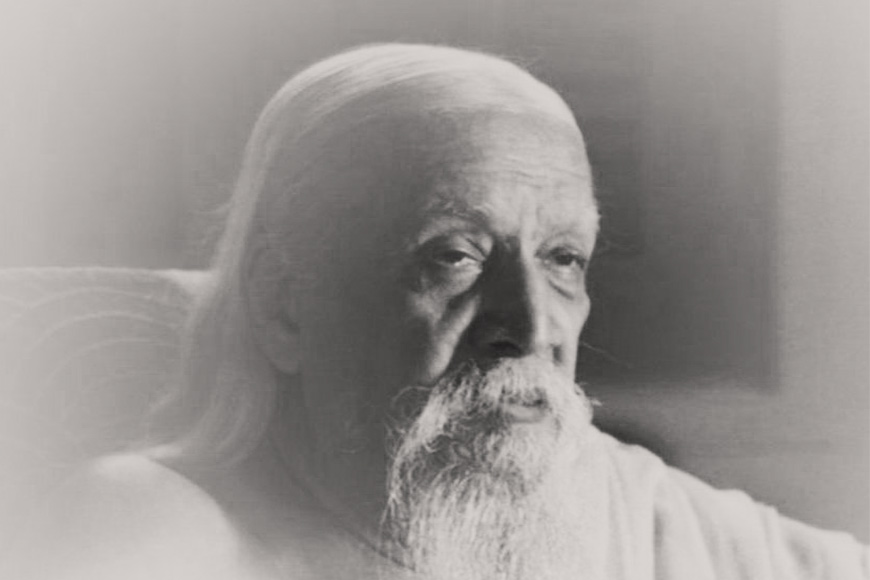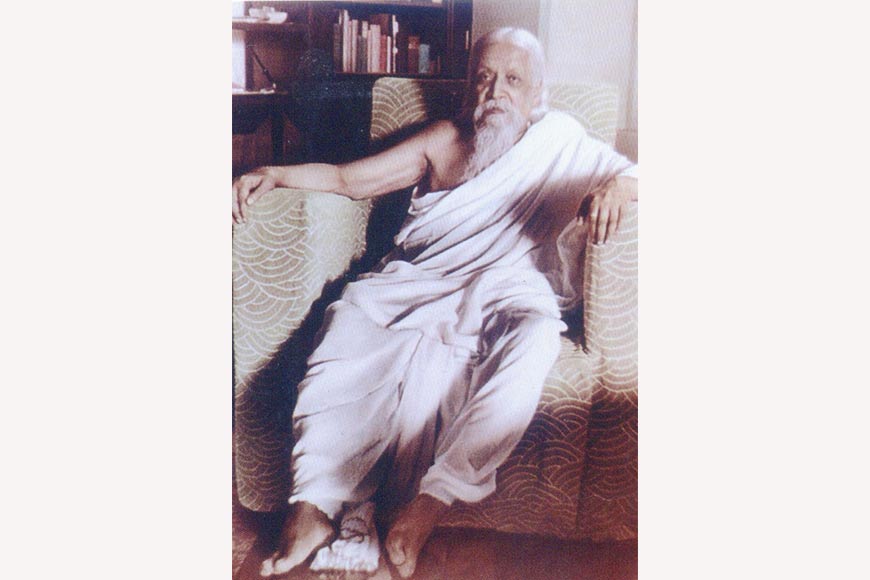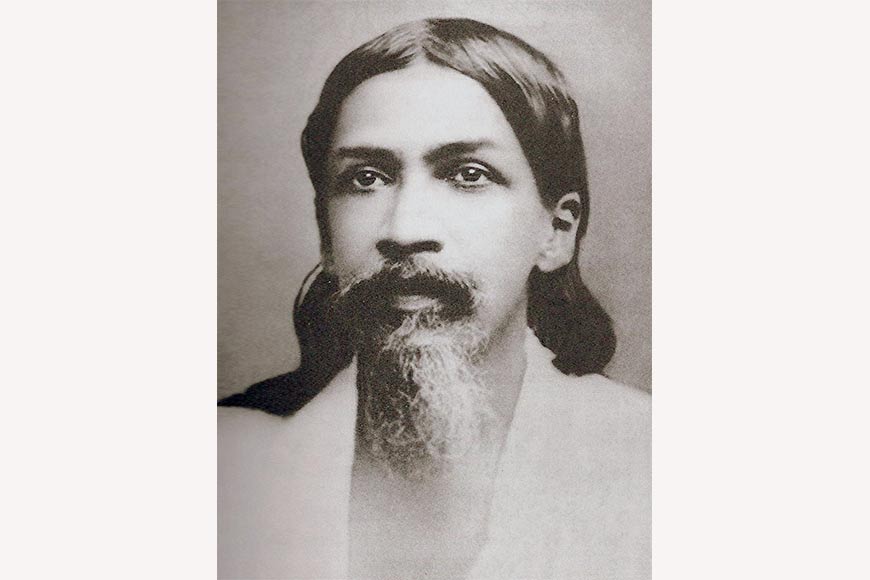The Prophet of Indian Nationalism

W“orld will come to know the essence of India through the writings of Aurobindo…” that’s what the great poet Rabindranath Tagore had said about Aurobindo Ghosh, who was indeed the prophet of Indian nationalism. He was a great synthesizer, synthesizing philosophies of both east and west into an integrated philosophy.
 Sri Aurobindo
Sri Aurobindo
Aurobindo Ghosh was dissatisfied with the view of early nationalists with respect to the British Raj. Early nationalists like Surendranath Banerjee, Dadabhai Nairoji considered British rule as ‘blessing in disguise.’ They believed that British are the source of modernization and hence they should stay in India. They were fearful that if more direct resistance and aggressive attitude is taken, British will leave India. Hence, they proposed mild constitutional methods. The methods of prayers, petitions, protests within legislature. They had great faith in the British sense of justice. They wanted Swaraj within British empire. They wanted India to be given dominion status like other colonies.
But Aurobindo Ghosh’s vision and strategy were in stark contrast. For him, emergence of India as a nation had a divine mission. It was for the benefit of humanity and not just Indians. He believed in a universal spirit that he said was with India and hence India was bound to emerge as a free nation. He had no faith in constitutional methods. Because British government in India was not constitutional, it was despotic. As he said: ‘They are not answerable to Indians. Hence constitutional methods will not work. Direct action is required through armed and passive resistance.
In his Autobiographical Notes, Aurobindo Ghosh writes
India is free but she has not achieved unity, only a fissured and broken freedom. At one time it almost seemed as if she might relapse into chaos of separate states which preceded the British conquest. Fortunately, there has now developed a strong possibility that this disastrous relapse will be avoided. The wisely drastic policy of the Constituent Assembly makes it possible that the problem of the depressed classes will be solved without fissure. But the old communal division into Hindu and Muslim seems to have hardened into the figure of a permanent political division of the country.
 Aurobindo in his early years
Aurobindo in his early years
It is to be hoped that the Congress and the nation will not accept the settled fact as forever settled or as anything more than a temporary expedient. For if it lasts, India may be seriously weakened, even crippled: civil strife may remain always possible, possible even a new invasion and foreign conquest. The partition of the country must go – it is to be hoped by a slackening of tension, by a progressive understanding of the need of peace and concord, by the constant necessity of common and concerted action, even of an instrument of union for that purpose. In this way unity may come about under whatever form – the exact form may have a pragmatic but not a fundamental importance. But by whatever means, the division must and will go. For without it, the destiny of India might be seriously impaired. But that must not be.









